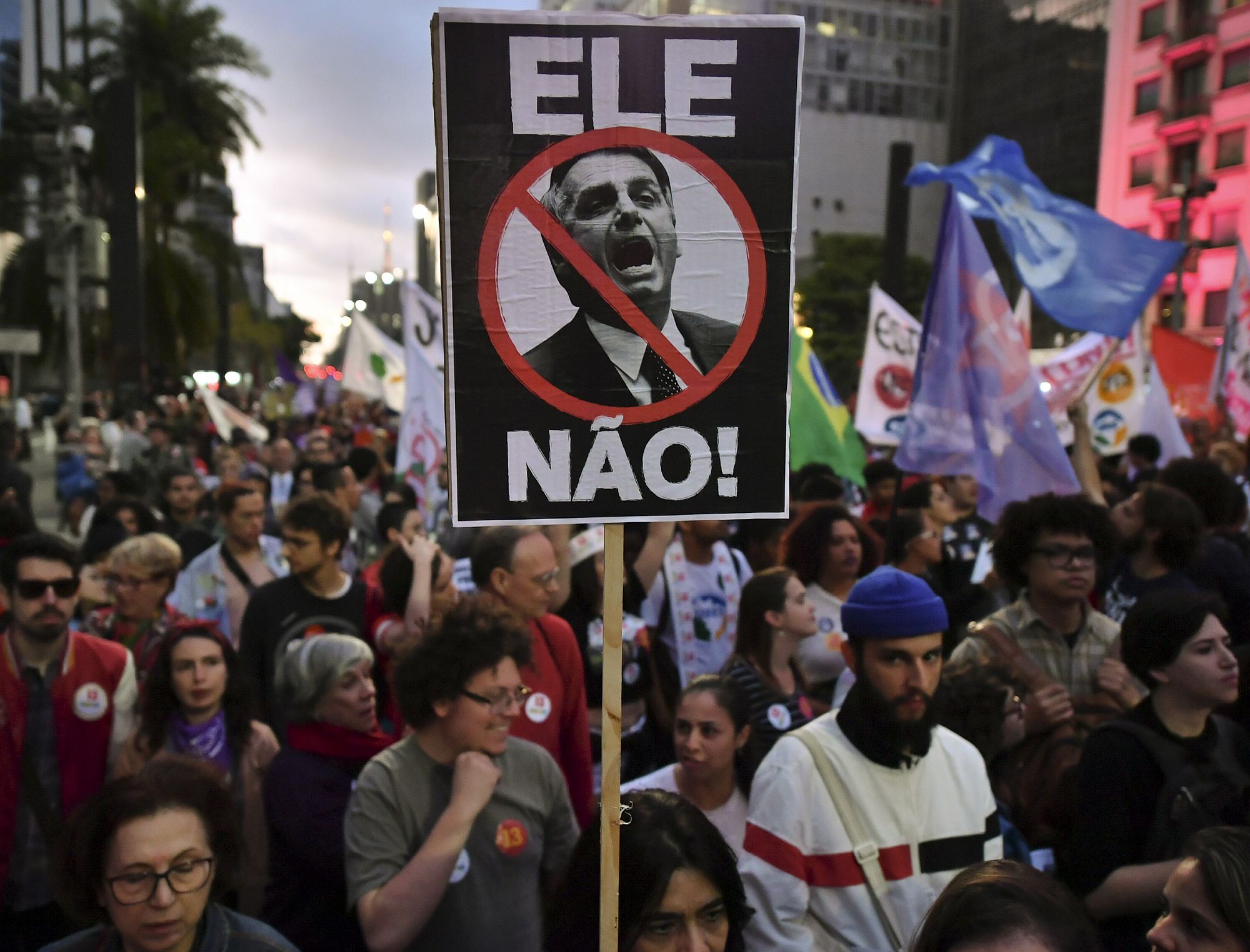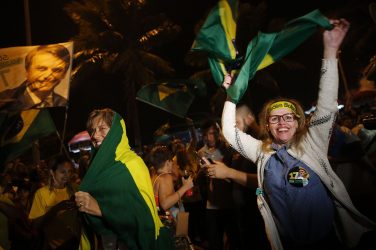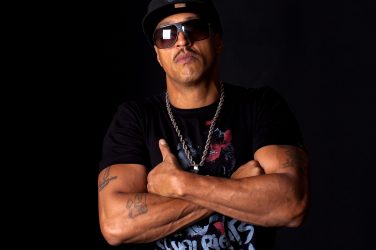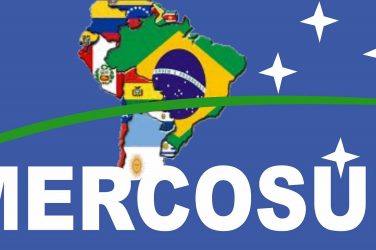In his acceptance speech, Brazil’s president-elect Jair Bolsonaro said he will “change the destiny of Brazil”. He may be right. For the Amazon and its indigenous residents, things will get worse before they get better, but this election may also be a tipping point for change. The staunchly anti-environment Bolsonaro may sow the seeds for radical environmental politics both in Brazil and worldwide.
“When the night comes, I wonder what might happen, who will be next, and hope that the dawn will come soon.”
With these words, Kum’tum, a leader of the indigenous Gamela people in the heart of the Amazon, shared his fear of being an environmental defender in Brazil. His community had been trying to occupy a portion of their ancestral lands claimed by farmers but, in April this year, they were attacked by men armed with machetes and firearms. Some had their hands cut off. Others like Kum’tum were shot.
Indigenous groups have good reason to be scared. Over the past decade, Brazil has been the most dangerous country in the world to be a land or environmental defender and 57 of these people were murdered last year alone.
According to the NGO Global Witness, this kind of violence stems from sections of the agribusiness sector, in particular parts of the Amazon’s cattle industry which is the largest single cause of deforestation globally.
The Amazon and its indigenous residents may now be persecuted with even more ferocity, as Bolsonaro promises a new alliance between the security state, agricultural interests and far-right political power.
Fortunately, where there’s hegemony, there’s resistance. NYU sociologist and theorist Steven Lukes famously broke power itself down into “three faces”: decision-making power, non-decision-making power, and ideological power. The Amazon’s future and that of its residents will be fought across these three key battlegrounds.
Resistance Beyond Borders
First, Bolsonaro’s government will have to win the visible battles of decision-making processes shaping Brazil’s environmental governance. For instance, Bolsonaro would have to break free from present institutional and legal frameworks tying Brazil to its environmental commitments, such as the Paris Climate Agreement and the Sustainable Development Goals. And that’s tricky because of the global backlash. Perhaps this is why Bolsonaro has now scrapped his pledge to quit Paris.
Other challenges to Bolsonaro’s decision-making power will come from below. While Brazil’s balance of power has historically favored big corporations like those in the agribusiness sector, the country also hosts massive grass roots movements of resistance.
These include the Marxist-inspired Landless Workers’ Movement (MST), with an informal membership of 1.5 million people and, in the Amazon itself, the Cainquiama, a resistance coalition of tens of thousands of persecuted indigenous peoples and other communities.
Who Sets the Agenda?
In this case, the “non-decision-making power” concerns Bolsonaro’s ability to set the development agenda. The country’s new leader wants to reverse green agreements and return to a form of violent pro-growth neoliberalism which is blind to both democracy and environmental concerns.
But the Amazon acts as the world’s lung and is a globally shared priority. The existential threats it faces would be met in a similar combative spirit as those facing the melting Arctic – by environmental defenders, pro-sustainable development governments, global institutions and civil society.
Collectively, these actors have the moral power to set the agenda and pressure for legal, institutional and economic sanctions and limits to stop the predatory march of Brazilian agribusiness further into the forest. If they can manage to frame actions against the Amazon as crimes against humanity and the planet, they could even be effective.
Hearts and Minds
The third conflict is the invisible ideological battle to control Brazilian hearts and minds. By democratically electing a far-right candidate, Brazilians have sent a crystal clear message that they want radical change for the better. The problem is what people understand by “better” and what this “better” means for the environment.
The “Bolsonaro way” is ideologically powerful because it is ambiguous about what it is, but sharply clear on what it is not. Just like Trump, it is unashamedly pro-growth regardless of the collateral damage to the environment, but Bolsonaro’s vague development utopia lacks depth.
It resurrects zombie ideas of dictatorship style governance and pro-growth violent neoliberalism, fueled by popular disillusionment with corruption and a failure to lift people out of poverty.
Another ideological battle will concern the church, a powerful institution in the world’s largest Catholic country. In his 2015 encyclical message Laudato Si, Pope Francis attacked environmental degradation and climate change and called for “swift and unified” global action.
That, and his later claim that to harm the environment is to sin, may prove a powerful ideological tool for environmental activism. The rising wave of Brazilian evangelicals may also question how Christian it would be to slay the Amazon and its people.
A final key ideological battle concerns the normalization of indifference towards the environment. According to the World Values Survey and Latinobarometro, the largest opinion polls that have investigated what Brazilians value as important, the only topics ranking high in everyday life are corruption, the unstable political situation and the economy.
The challenge is that too many Brazilians fail to see how crucial the environment, the Amazon and its indigenous inhabitants are to their own well-being and development.
Carlos Salvador Zepeda Castillo is research associate in Development Studies at University of Portsmouth
This article was originally published in The Conversation. Read the original article here: https://theconversation.com/jair-bolsonaro-will-now-run-into-brazils-massive-grassroots-movements-of-resistance-106024













